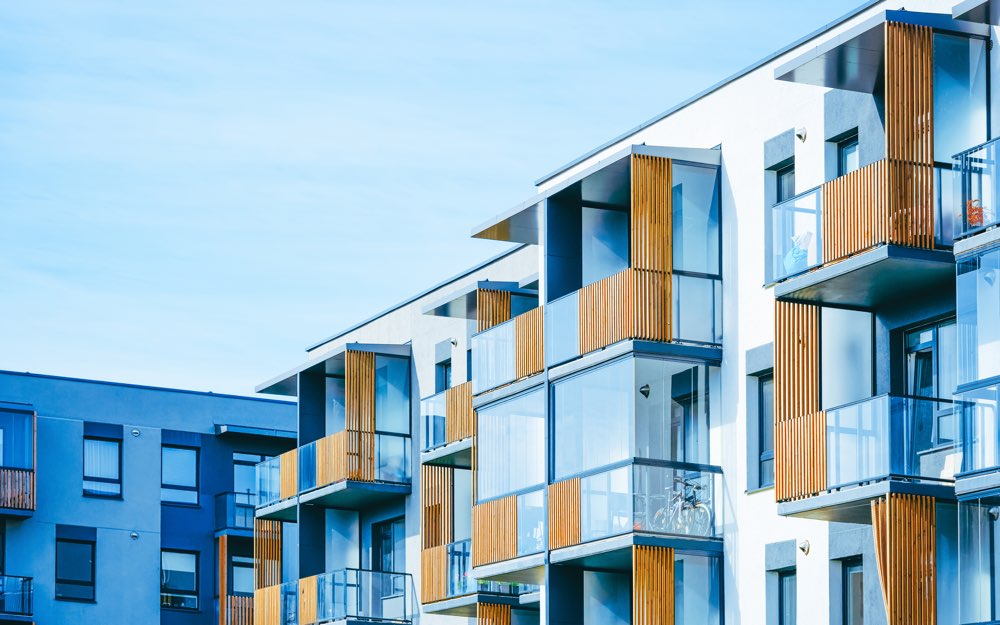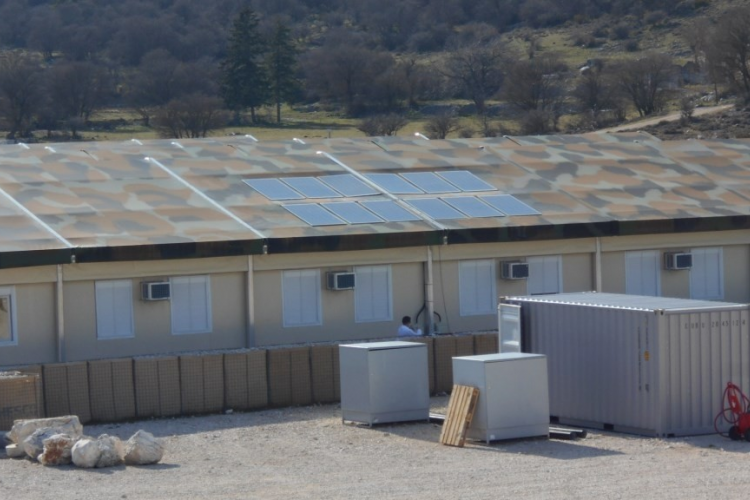Let's start with definitions: a building is sustainable when it is resource-efficient, from its design to its operation and then its deconstruction. This implies self-production of its energy (PV, wind, geothermal, etc.), its storage (heat or electricity) and the energy efficiency of the building contributing to the reduction of its consumption (e.g. via insulation or solutions optimizing energy expenses), the carbon balance of the materials used including eco-materials and the "recyclability" of the building components, etc.
Intelligent building (or "smart building") is based on automation. This includes monitoring and energy-saving systems, but also window/door automation and other areas that are less related to sustainable buildings, such as security systems.
The diversity of available solutions and players in this market makes it essential to measure the added value of each technology in relation to the needs of each building, and to identify precisely who, in the value chain, will most likely benefit from it. At Infinergia, we work on all technologies and applications that are part of the energy transition. We pay particular attention to "techno-push" approaches in order to stay critical & constructive.
Infinergia evaluates technology potential from building to district to cities on :
- Building-integrated energy production & storage
- Integrated Photovoltaic (BIPV),
- Innovative thermal solar,
- Micro-cogeneration,
- Hydrogen,
- Electrochemical & Thermal Batteries
- Air Management
- Air quality,
- Heating-Ventilation-Cooling (HVAC).
- Energy Management
- Intelligent autonomous elements connected to a centralized system,
- Management of self-consumption,
- Energy recovery and storage.
- Electric vehicle charging






